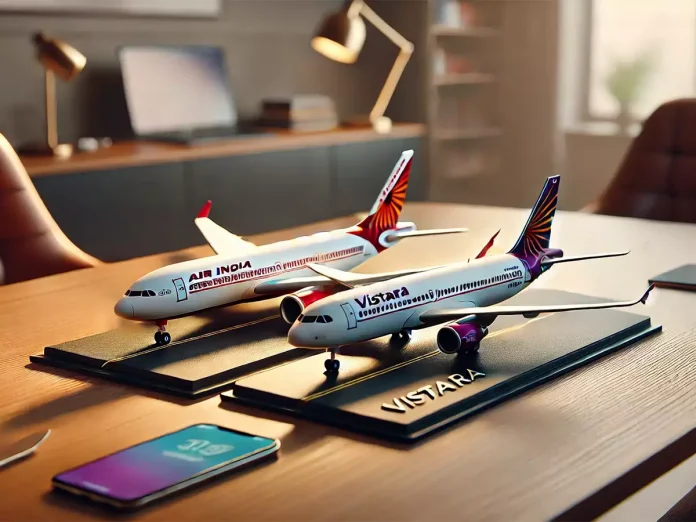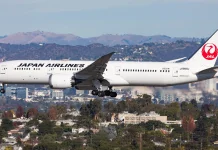The Legacy and Transformation of Indian Airlines: A Look at Air India and Vistara
As Vistara merges with Air India, the aviation landscape in India witnesses the end of an era for the beloved brand. Vistara, known for its superior service and attention to detail, will now be part of the larger Air India brand, which has a long history dating back to 1932. While this merger marks the end of an era for Vistara, it raises important questions about the future direction of Air India and whether its service standards can match those of its now-absorbed partner.
The Success of IndiGo and the Challenges of Air India
IndiGo has emerged as India’s most successful airline, with the largest market share and fleet in just 18 years. Its no-frills, low-cost model has captured the hearts of Indian travelers, making it a dominant force in the skies. Meanwhile, Air India faces the challenge of modernizing its service standards and fleet while managing the legacy of multiple acquisitions. The integration of Vistara will put Air India’s ability to combine legacy and innovation to the test as it competes with IndiGo and other players in the market.
The Future of Air India Post-Vistara Merger
With the merger, Air India faces the complex task of balancing its rich heritage with the higher service standards of Vistara. The airline must carefully manage its brand identity while ensuring that the customer-first approach of Vistara is maintained. Employees, frequent flyers, and stakeholders are watching closely to see how this merger will shape Air India’s future. As the airline works to integrate Vistara’s high standards, the success of this merger will depend on whether it can deliver consistent quality while growing its market share.
















